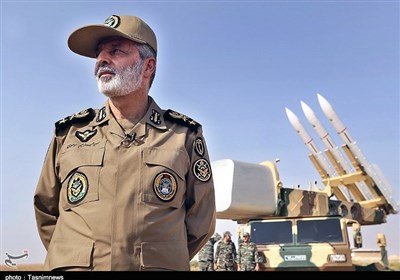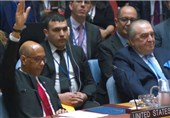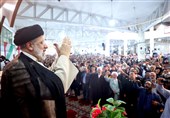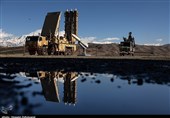Iran Reiterates Sovereignty over Its Persian Gulf Islands
TEHRAN (Tasnim) – Iran’s Deputy Ambassador to the UN Gholam Hossein Dehqani once again emphasized the country’s full sovereignty over the three islands of the Greater Tunb, the Lesser Tunb, and Abu Musa, in the Persian Gulf.
Dehqani made the remarks in response to the recent comments made by UAE Foreign Minister Sheikh Abdullah bin Zayed bin Sultan Al Nahyan during his speech at the 69th session of the United Nations General Assembly about the three Iranian islands.
The UAE minister repeated his country’s unsubstantiated claim on the Iranian islands and called for the settlement of the differences at the International Court of Justice.
Dehqani described the islands as "an inseparable part of the Iranian territory." The remarks by the UAE foreign minister, he said, are a clear example of “interference in Iran’s internal affairs.”
The Iranian diplomat also pointed to Tehran’s good neighbor policy aimed at boosting ties with all regional countries, particularly the UAE, and called on the officials of the Persian Gulf sheikhdom to settle their differences with Iran through bilateral talks.
The islands have historically been part of Iran, proof of which can be found and corroborated by countless historical, legal, and geographical documents in Iran and other parts of the world. However, the United Arab Emirates has repeatedly laid claim to the islands.
The islands fell under British control in 1921 but on November 30, 1971, a day after British forces left the region and just two days before the UAE was to become an official federation, Iran's sovereignty over the islands was restored.
Iran recognizes that Arabs ruled the islands for centuries, but all historical documents show that they did so from the Iranian port city of Lengheh and therefore as Iranian subjects.
Together, Abu Musa, Greater Tunbs and Lesser Tunbs amount to fewer than 26 square kilometers of sand and scrub. But their location in the middle of Persian Gulf shipping and tanker lanes near the Strait of Hormuz gives the islands huge strategic importance.
The Strait of Hormuz is the world's most important oil chokepoint. The US Energy Information Administration, a statistical and analytical agency within the US Department of Energy, says 17 million barrels of oil pass through the Strait every day, which is nearly 20 percent of all oil traded worldwide, or 40 percent of seaborne oil.






